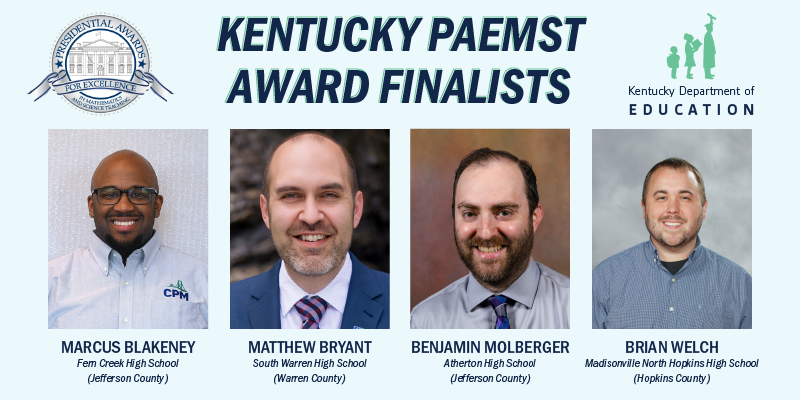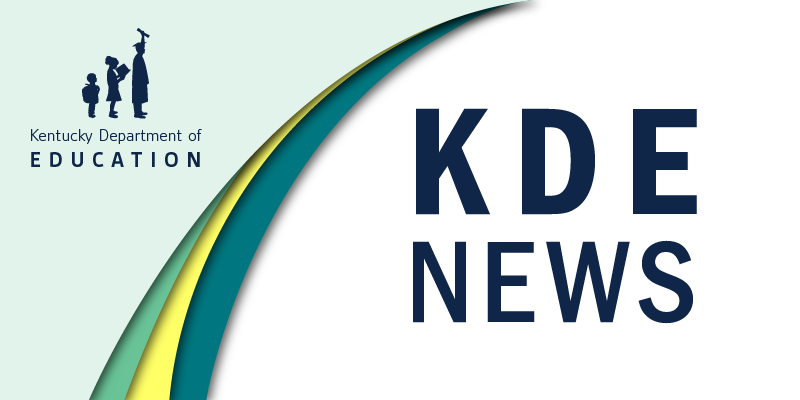By Debra Garey
debra.garey@boone.kyschools.us
Three years ago, I was asked to participate in a grant that would require me to “flip” one unit in my Algebra I class. I would be creating videos to deliver content to students at home via the internet, versus the traditional lecture in the classroom; the kids would then engage in activities and problem solving in the classroom, with teacher support readily available. The approach sounded interesting and effective, so I said yes.
We spent the initial days of a one-week workshop learning how to create videos, and then creating them. Although I can be intimidated by technology, finding rich, authentic tasks to fill the class time was unexpectedly the biggest challenge I faced.
A big shout-out goes to Dylan William and his lifesaving book, “Embedded Formative Assessment.” Using the internet and this newly found book, I created engaging lessons and used the class time to better understand the thinking of my students, as well as their misconceptions. My initial use of flipped classroom strategies were not always successful, but I could see great potential and that excited me.
In 2014, the first flipped teachers worked with other northern Kentucky teachers who were attempting to initiate a flipped classroom. We presented the strategies we used and our initial outcomes, then served as a resource for the new teachers to bounce their ideas off. Everyone involved gained new insights and new ideas.
I used a learning management system to house my videos. This opened up online discussion possibilities with the discussion board feature, and assignments also could be submitted electronically.
Upon the completion of the revised flipped unit, my freshmen asked if I could flip the remainder of the year. I agreed to flip as much as possible, explaining that it would be challenging to do so on the fly, so they would have to be understanding and flexible. They were both; yet another great life lesson.
The last five units of Algebra 1 were flipped that year and I was hooked!
The benefits that drove my desire to continue with the flipped classroom revolved around the transformation I observed in my students. They knew how long they would have to devote to their homework and responded positively, which increased homework completion. The students could pause the video, rewatch it, evaluate the effectiveness of their notes and understanding in class, and identify how they could improve. They used each other as resources, evaluated their own work and were far more engaged than in previous years. I finally had time to formatively assess my students, and time to allow them to struggle, persevere and develop authentic problem-solving skills.
In 2015, the grant was renewed. I was asked to serve as a teacher leader for FLIP-EKY, working with teachers in eastern Kentucky to begin their flipping careers. Again, there was no hesitation when I agreed to participate.
During the summer of 2015, five teacher leaders spent five days working with 19 teachers in eastern Kentucky, sharing the good, the bad and the ugly of our own flipped classroom efforts. Again, I treasured the opportunity to build relationships with other teachers in our Commonwealth.
In addition, I used the time and the remainder of the summer to flip the first five units of my Algebra I course, giving me an entirely flipped course. Always wanting to improve the experience for my students, I established some additional goals for my flipped class, including expanded use of the discussion board and expanded use of formative assessments.
With the additional classroom time I had to work with my students, I saw the impact a flipped classroom had on my students and wanted to build on them. With a quick discussion board post by the students after viewing the video, I could better understand their misconceptions prior to entering the classroom.
This type of classroom also helped me address differentiation. Since the lectures were posted, the students could move ahead at an independent pace. In turn, I reduced assignments for other students who couldn’t get them completed and who now had the opportunity to be successful – as compared to overwhelmed – with the workload.
Adjusting to the independent pace, the demands of students who are authentically engaged and many students asking questions with a desire to understand, was overwhelming for me, but it was also exciting. The students learned to be flexible and we figured things out together as we went.
I worked this summer to expand the activities we will use in class, develop more discussion board prompts to grow student discussions on the learning management system, and to create a question bank. The student questions are asked and answered on the learning management system, giving the students a bank to refer to throughout the unit.
The reactions I’ve gotten from parents has been incredibly positive. Once the flip is explained, a common response is, “that makes sense.” As the year came to a close, most students asked if their future math courses would be flipped.
On the other hand, I have had students claim that they can’t learn from the video, but I have time to work with them and help them understand how they can learn. Flipping a classroom takes a lot of extra work on the front end, but when you have kids say, “Mrs. Garey, this is the first math test I have passed since 5th grade” – and you know it’s not an easy test – every moment is worth it. Students like it, parents love it and I wonder why I didn’t do this sooner.
Debra Garey is in her 11th year of teaching at Conner High School (Boone County), where she teaches Algebra 1 and is serving her 10th year as the mathematics department team leader. She is a member of the Kentucky Council of Teachers of Mathematics and was a 2013 Presidential Award for Excellence in Mathematics and Science Teaching finalist. Garey has a bachelor’s in human resource management from The Ohio State University and worked in manufacturing management for 18 years. She has a master’s in teaching from Northern Kentucky University, and a master’s in reading and writing specialist from the University of the Cumberlands. She taught her first flipped unit four years ago and is in her second year of teaching in a completely flipped classroom.



Leave A Comment